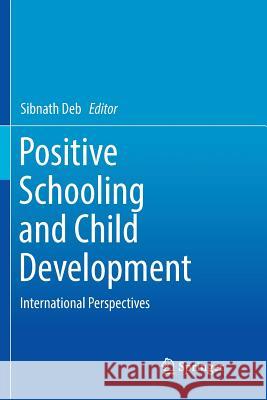Positive Schooling and Child Development: International Perspectives » książka
topmenu
Positive Schooling and Child Development: International Perspectives
ISBN-13: 9789811343247 / Angielski / Miękka / 2019 / 435 str.
Kategorie:
Kategorie BISAC:
Wydawca:
Springer
Język:
Angielski
ISBN-13:
9789811343247
Rok wydania:
2019
Wydanie:
Softcover Repri
Ilość stron:
435
Waga:
0.64 kg
Wymiary:
23.39 x 15.6 x 2.39
Oprawa:
Miękka
Wolumenów:
01
Dodatkowe informacje:
Wydanie ilustrowane











